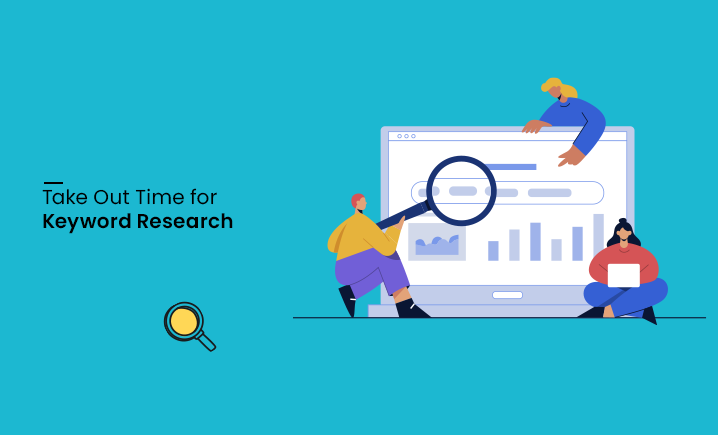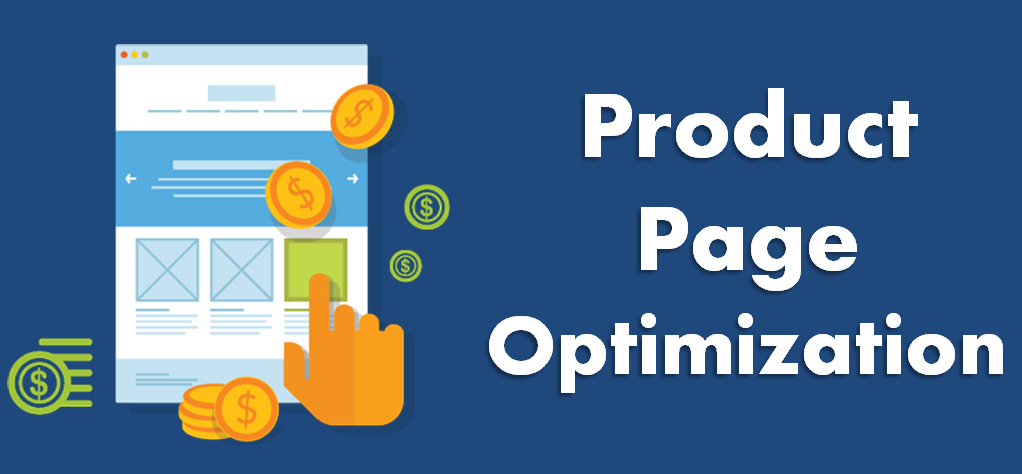In the world of online retail, competition is fierce. With countless online stores vying for attention, it can be challenging for businesses to stand out and succeed. However, with the power of Shopify SEO, online retailers have a powerful tool at their disposal to boost their visibility, attract more customers, and achieve success. In this article, we will explore the tips and tricks for leveraging Shopify SEO to its fullest potential.
Table of Contents
The Basics of Shopify SEO
Shopify, a popular e-commerce platform, offers many built-in SEO features to help online retailers boost their visibility in search engine results. By optimizing product descriptions, meta tags, and URLs, and implementing a user-friendly website structure, retailers can improve their chances of ranking higher on search engine results pages (SERPs).
Keyword Research and Implementation

One of the key components of Shopify SEO is conducting thorough keyword research to identify relevant search terms that potential customers are using to find products. By strategically incorporating these keywords into product titles, descriptions, and meta tags, online retailers can increase the likelihood of their products appearing in front of the right audience.
Creating High-Quality Content
In the world of e-commerce, content is a crucial element of SEO success. By crafting engaging product descriptions, blog posts, and other forms of content, retailers can not only attract potential customers but also improve their website’s overall search engine visibility.
How to Optimize Your Store
Conduct Keyword Research
Before diving into the optimization process, you need to identify the keywords that are relevant to your business and your target audience. Use tools like Google Keyword Planner or SEMrush to discover valuable keywords that have a good search volume and are highly relevant to your products or services. Once you have a list of keywords, strategically incorporate them into your product titles, descriptions, meta tags, and URLs.
Optimize Your Product Pages
Make sure each of your product pages is well-optimized for search engines. Use your target keywords in the page title, heading tags, image alt tags, and meta descriptions. Write unique and compelling product descriptions that appeal to search engines and entice potential customers. Additionally, optimize your images by reducing their file size and adding descriptive alt tags.

Focus on Site Speed
Site speed is a critical factor in both user experience and search engine rankings. A slow-loading website can frustrate visitors and lead to higher bounce rates. Shopify provides built-in optimization features to help improve your site’s speed, such as compressing images, lazy loading, and utilizing content delivery networks (CDNs).
Build High-Quality Backlinks
Backlinks from reputable and relevant websites can significantly impact your search engine rankings. Invest time in building high-quality backlinks by creating valuable content, guest posting on relevant blogs, or collaborating with influencers in your industry. These backlinks signal to search engines that your store is trustworthy and authoritative, leading to an increase in organic traffic.
Utilize Shopify Apps and Plugins
Shopify offers a wide range of apps and plugins specifically designed to enhance your store’s SEO capabilities. These tools can help you automate various tasks, such as generating XML sitemaps, optimizing meta tags, and analyzing website performance. Explore the Shopify app store to find the best plugins for your store’s needs.
Provide a Seamless User Experience
A positive user experience is crucial for both customers and search engines. Ensure your store is easy to navigate, mobile-friendly, and visually appealing. Optimize your website’s structure, use intuitive menus, and include clear calls to action. A well-designed and user-friendly store improves engagement, increases conversions, and contributes to higher search engine rankings.
SEO Apps and Plugins
Optimizing for Mobile Experience
In today’s mobile-driven world, having a mobile-friendly website is essential for online retailers. By ensuring that their Shopify store is optimized for mobile devices, retailers can improve user experience and potentially boost their search engine rankings.
Leveraging Social Media for SEO
Integrating social media into an SEO strategy can amplify an online retailer reach and visibility. By sharing product updates, engaging with customers, and encouraging social sharing, retailers can create a powerful synergy between their social media presence and SEO efforts.
Monitoring and Adapting
Successful SEO strategies are not static; they require continuous monitoring and adaptation. By analyzing website traffic, keyword performance, and other relevant metrics, retailers can refine their SEO approach to stay ahead of the competition.
Conclusion
Shopify is a potent tool for online retail success. By understanding the fundamentals of SEO, conducting effective keyword research, creating compelling content, utilizing apps, optimizing for mobile, leveraging social media, and committing to ongoing monitoring and adaptation, online retailers can position themselves for greater visibility and success in the highly competitive e-commerce landscape.
Frequently Asked Questions
Q: How can I choose the right keywords for my Shopify store?
A: Choosing the right keywords is crucial for successful SEO. Start by brainstorming a list of relevant keywords and phrases that align with your products or services. Then, use keyword research tools like Google Keyword Planner or SEMrush to evaluate search volume and competition. Select keywords with a good balance of search volume and competition to target in your content.
Q: What on-page SEO elements should I optimize in my Shopify store?
A: When optimizing your Shopify store, pay attention to the following on-page elements: Page Titles and Meta Descriptions: Craft compelling and keyword-rich titles and meta descriptions for each page on your store. These elements influence click-through rates and provide important information to search engines.
Q: How can I improve my Shopify store’s page load speed?
A: Page load speed is a significant ranking factor. To improve your store’s load speed, consider the following: Optimize image sizes: Compress images to reduce file sizes without compromising quality. Utilize caching plugins: Install caching plugins to store static versions of your website and serve them to visitors, reducing load times. Minify CSS and JavaScript: Remove unnecessary characters and reduce file sizes to improve load speed.
Q: Are backlinks important for Shopify SEO?
A: Yes, backlinks play a crucial role in boosting your Shopify stores. Backlinks are links from other websites to your store, indicating their relevance and authority. Quality backlinks from reputable websites can significantly improve your store’s search engine rankings.
Q: What is the role of content in Shopify?
A: High-quality and relevant content is the backbone of success. By creating informative and engaging content, you can attract and retain visitors, encourage social sharing, and improve your store’s rankings. Incorporate relevant keywords naturally into your content to make it SEO-friendly.

